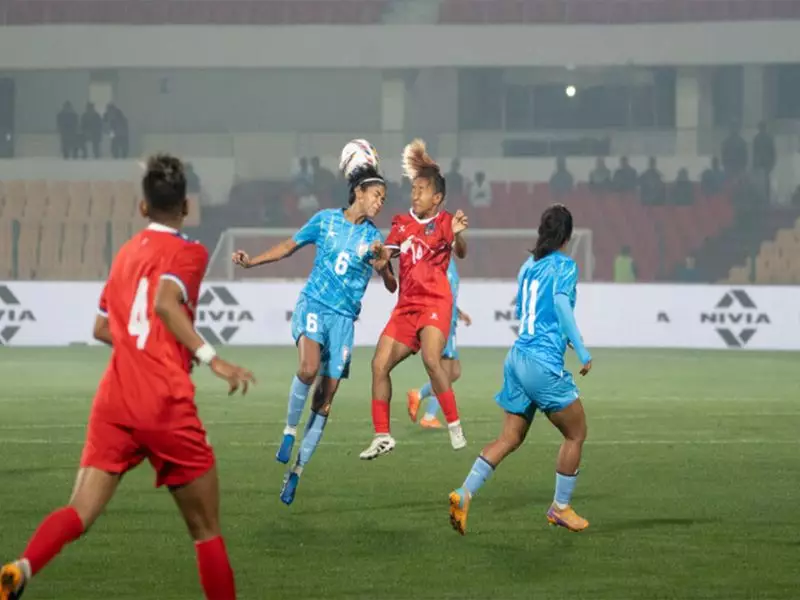
In a stunning display of skill and determination, Nepal's women's football team delivered a spectacular performance against their Indian counterparts, securing a memorable 2-1 victory that sent waves through the South Asian football community.
Sabitra Bhandari Shines as Nepal's Star Performer
The match will be remembered for Sabitra Bhandari's exceptional performance, with the talented forward netting both goals for Nepal. Her clinical finishing and strategic positioning proved too much for the Indian defense to handle, showcasing why she's considered one of the most promising talents in women's football across the region.
Match Highlights and Turning Points
The game began with both teams displaying aggressive attacking intent, but it was Nepal who struck first through Bhandari's precision. The Indian team, known as the Blue Tigresses, fought back valiantly and managed to equalize, setting up a tense second half.
However, Bhandari had other plans. Her second goal of the match demonstrated not just technical skill but remarkable composure under pressure, ultimately proving to be the match-winner that sealed Nepal's victory.
Rising Standards in South Asian Women's Football
This match serves as a significant indicator of the growing competitiveness in women's football across South Asia. Nepal's victory against the traditionally stronger Indian team highlights the rapid development and investment in women's sports throughout the region.
The performance level displayed by both teams suggests that women's football in South Asia is reaching new heights, with improved training facilities, better coaching, and increased opportunities contributing to this positive trend.
What This Means for Future Competitions
This result sends a clear message to other teams in the region – Nepal's women's football team is a force to be reckoned with. The victory will undoubtedly boost their confidence ahead of upcoming tournaments and could potentially reshape the power dynamics in South Asian women's football.
For the Indian team, this serves as a wake-up call and an opportunity to reassess their strategies and preparation for future matches against increasingly competitive regional opponents.




